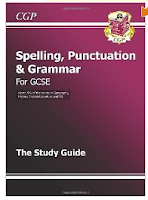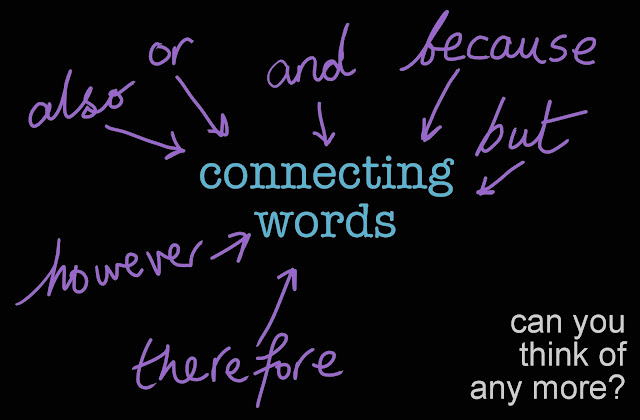
+ NEW Spelling, Punctuation, Grammar Test in KS2 SATs, May 2013

+
Mind Maps to help Dyslexics with Spelling, Grammar and more
 Spelling Rules
Spelling Rules
KS2 Year 3 (age 7-8)
+ KS2 Year 4 (age 8-9)
KS2 Year 5 (age 9-10)
Summary of the Main Spelling Rules
+ 100 Spellings for GCSE, A-Level and for Life
+ How to Teach Spelling
+ Common Confusables: they’re/their/there, etc
+ fun ways to teach ‘ight’ words
+ All Punctuation
+ Punctuation exercises
Sentence Basics
(1) + Capital Letters
(2) + When should you use a capital letter in the middle of a sentence?
(3) + Full Stops
(4) + When should you use a full stop in the middle of a sentence?
(5) + Main Clause
(6) + Sub Clause
(7) + Basic Connectives
(8) + Complex Connectives
(9) + Subordinating Conjunctions;
(10) + Using word order for effect
(11) + Exercise: Using word order for effect
Complex Punctuation
(1) + Semi Colon (2) How to Become a + Semi Colon Ninja!
(3) + Colon
The Apostrophe Monster:
(1) + ‘s Apostrophes for the Possessive;
+ Exercises for ‘s
[a] the film’s ending / the armies’ leaders
[b] Creepy Doll / How to Eat Slugs
(3) + Apostrophes for Elision: don’t, won’t, I’m, let’s, and more
Great Dialogue
(1) + Speech Punctuation Basic: Level 4-5, GCSE C-B
(2) + Speech Punctuation Advanced: Level 6-8, GCSE A-A*
Grammar
What are…?
+ Pronouns
+ First Person
+ Second Person
+ Third Person
+ How to Tell Which Point of View (POV) a writer is using (i.e. second, third or first)
Nouns
Common Nouns
Group Nouns
+ Proper Nouns
+ Abstract Nouns
+ Verbs
+ The Imperative (command verbs)
+ The Subjunctive
+ Adjectives
Adverbs




